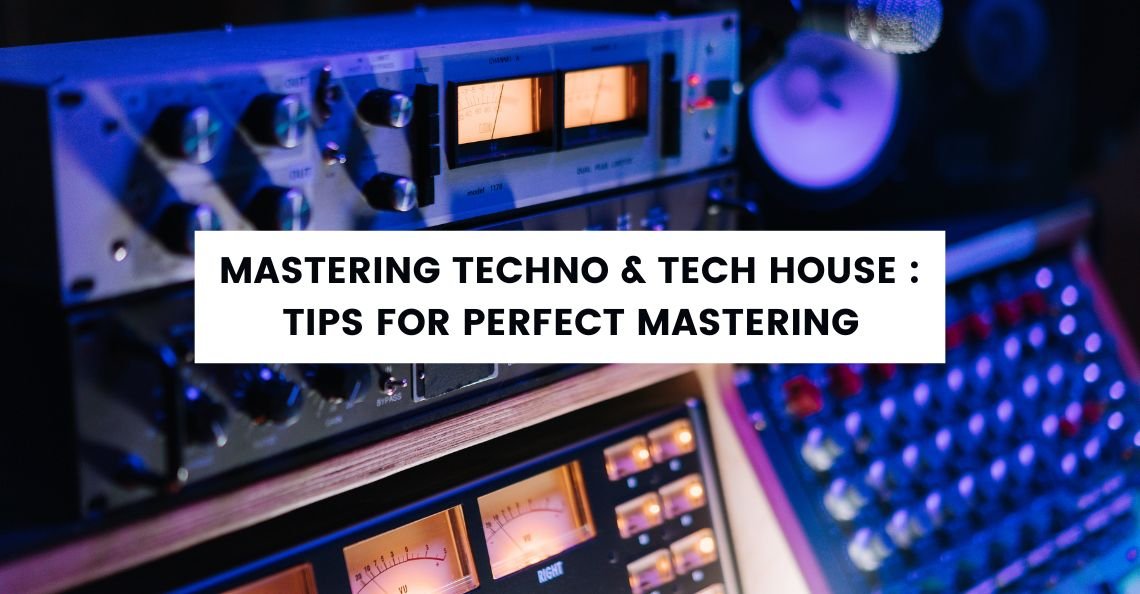
In recent years, artificial intelligence has transformed the music industry, from composition to mixing and mastering. AI-powered mastering services promise fast, affordable, and high-quality results with just a few clicks. But the big question remains: Is AI mastering good enough for professional releases? Let’s explore the strengths and limitations of AI in the mastering process.
What Is AI Mastering ? 🤖
AI mastering is an automated process where machine learning algorithms analyze your track and apply adjustments based on predefined settings. Services like LANDR, eMastered, and CloudBounce use vast datasets of professionally mastered songs to make intelligent decisions about EQ, compression, stereo width, and limiting.
How Does It Work ?
👉 Audio Analysis : The AI scans your track to detect tonal balance, loudness, and dynamic range.
👉 Processing : It applies compression, EQ, and limiting based on genre and best-practice mastering techniques.
👉 Final Output : You receive a mastered version of your track, typically in multiple formats (WAV, MP3, etc.).
The Pros of AI Mastering ✅
Speed and Convenience ⚡
AI mastering is nearly instant. Upload your track, and within minutes, you have a polished version ready for distribution—ideal for producers who need quick turnaround times.
Affordability 💰
Traditional mastering can cost anywhere from $50 to $200 per track, while AI mastering services offer unlimited mastering plans starting as low as $10/month.
Consistency 🎵
Since AI follows strict algorithms, it provides consistent results across all your tracks, reducing human error or bias.
The Cons of AI Mastering ❌
Lack of Human Creativity 🎨
AI lacks the artistic intuition and nuanced decision-making of a human mastering engineer. A professional engineer listens to the emotional intent of the music, making tailored adjustments that AI cannot replicate.
One-Size-Fits-All Approach 🛠️
AI mastering works best for standard genres like pop, rock, and electronic. However, for more complex styles like jazz, orchestral, or experimental music, AI may not make the best decisions regarding dynamics and warmth.
Limited Customization 🛠️
While some AI mastering services offer genre-based presets, they lack deep customization options. If you need specific adjustments (e.g., de-essing vocals, analog warmth, or manual EQ tweaks), AI falls short.
AI vs. Human Mastering: Which One Should You Choose ? 🎚️

Final Verdict : Can AI Replace Human Mastering ? 🏆
AI mastering is a powerful tool for independent musicians, producers, and content creators looking for quick and budget-friendly solutions. However, for high-end professional releases, film scores, and complex productions, a skilled human engineer is still the gold standard.
When to Use AI Mastering
✅ Demos, rough mixes, podcast production, YouTube content, and quick releases.
When to Choose Human Mastering
✅ Final album releases, label submissions, and projects that require personalized, professional polish.
At Slash Mastering, we believe that AI can be a helpful tool, but nothing beats the trained ears of a professional engineer. Need your track to sound its absolute best? Get in touch with us today!
(Want a mix of both? Some mastering engineers now offer AI-assisted mastering combined with human expertise—perhaps the future of mastering lies in collaboration!)



